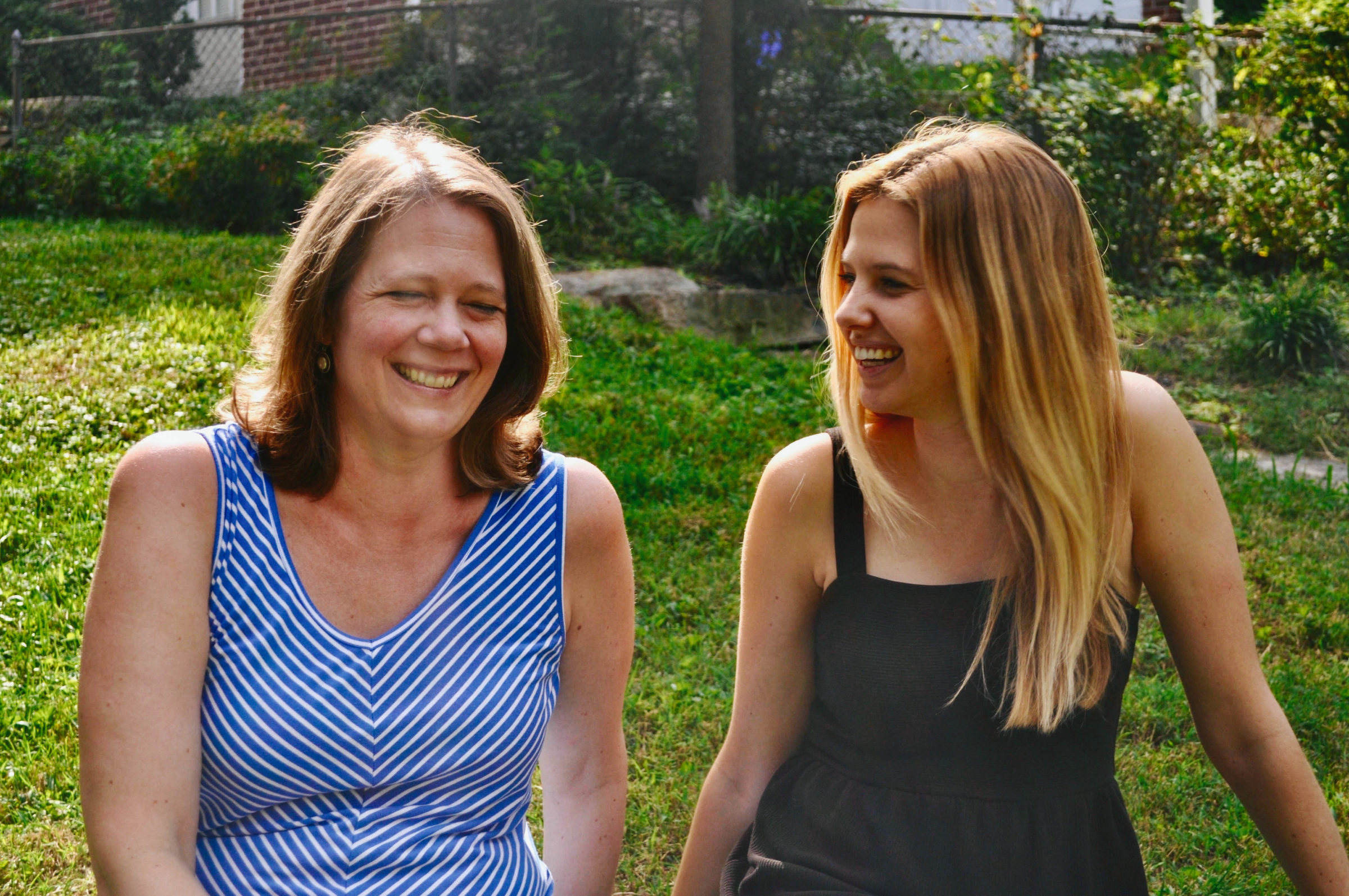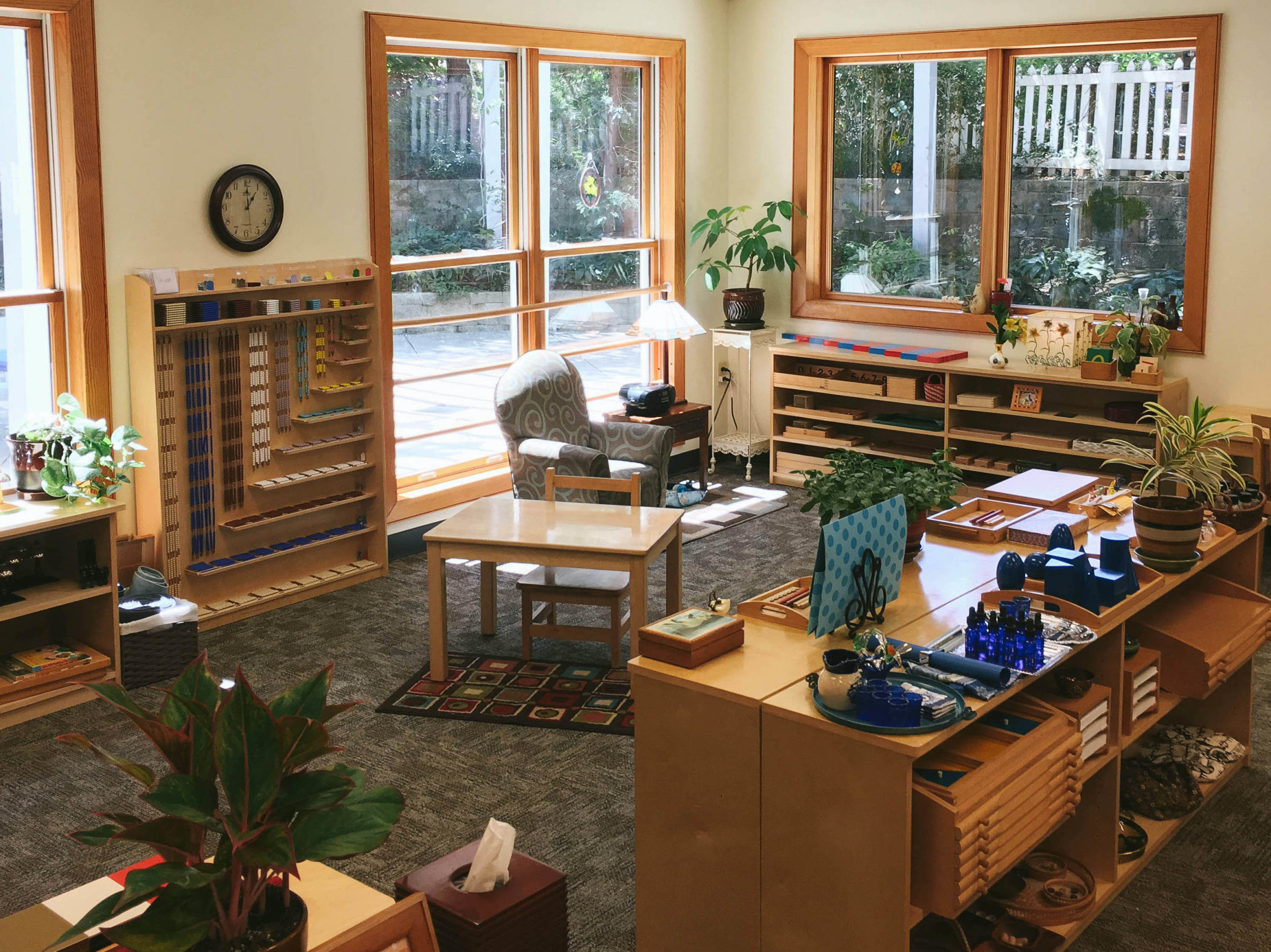Spotlight Sheryl Morris
Spotlights
In our first Spotlight of the new year school year, we’re very pleased to introduce you to Sheryl Morris. When we first read her story, we were instantly struck by at least two very interesting, productive lines: 1. Her defiance of the categorization, “If you can you do, if you can’t you teach.” We strongly believe that we need to actively work to overcome this profound misconception about teachers. 2. As with so many others, her comment that, “I wish that’s how school had been for me,” resonated so deeply with us. We also think many of our readers will sympathize and identify with Sheryl’s insights and subsequent path. We hope you enjoy!
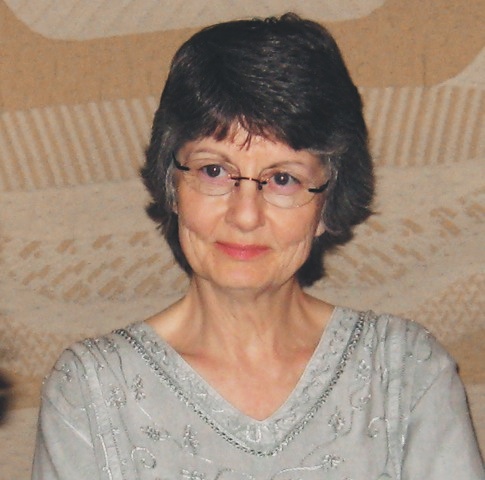
Q: Can you tell us a little bit about yourself? Your background, your interests, your dreams?
A: If my family had chosen home schooling for me it would not have worked well. At three and four years old I
wanted, badly, to follow my older sisters to school to see what the world had to offer me. In 1954 I walked to a
new neighborhood school surely planned on some inspirations of Maria Montessori. The coat hooks were low
on the wall, the tables and chairs were all child-sized, and the bathroom facilities were all scaled down. I was
thrilled, but that is where any likeness to Montessori stopped. I acclimated to the routine: waiting in lines, sitting
in rows, working for smiles and good marks, freezing in place when orders were given and discipline enacted.
It wasn’t until years later I learned about Maria Montessori in education, college courses. As do many others,
upon first learning about Montessori methods, I thought, “I wish that’s how school had been for me.”
Flash forward even more years and I’m taking advantage of an opportunity to study for a Montessori teacher’s
certificate. What happened in the time all between? I had successes, I made mistakes. The biggest mistake was
listening to the bad advice, “If you can you do, if you can’t you teach.” My background includes university
classes: French, graphic design, photography, theology, business; and office, computer work: clerical and production, in small towns and the big city (Chicago). On a long quest to “find my passion,” I took wrong turns
and eventually began to lament that I’d not done much that was worthwhile. I’d not made any significant contributions or given much back. So, back to the part where I’m studying for Montessori certification (ages 3-6). I
found it curious that preparation for the teacher ran so contrary to the preparation for the child; instruction was
intense and comprehensive; and then there was the testing. Oddly, I craved more and appreciated Montessori as
“Transformative Learning.”
My other successes – they include marriage to a true friend and our cherished son; and now, we have a daughter-in-law and two wonderful grandchildren!
Q: Now that the hardest question is out of the way: What’s your favorite color?
A: I have a favorite color combination – red and green together in all variations.
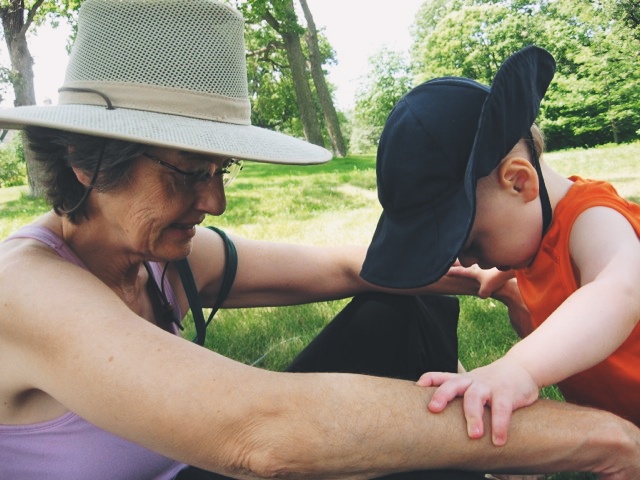
Q: Do you have a favorite book? How about a film?
A: Deciding on favorites is difficult for me. I enjoy books and films that shed light on history and the human condition; one example would be, The Brothers Karamazov. Related to education, my favorite book is Nurturing the
Spirit by Aline D. Wolf in part because of the full bibliography and recommended reading list.
One favorite film is Life is Beautiful. This is the story in which a father along with his young son are taken prisoner at the end of World War II. As unlikely as it might seem and given the most probable outcome, he is able to protect his son from the adult world and its assault on body, mind, and spirit by turning it all into a game. In the
end the boy is saved.
Q: When you close your eyes late at night, and imagine waking up and starting a new adventure: what is that adventure?
A: New adventures that capture my imagination involve: 1) More Montessori teacher training! in French this time!
2) Overseeing the design and installations of super-sized Montessori “works” to draw new interest and curiosity
at museums, malls, airports, etc. Find my and maybe your inspiration at Rossodigrana.
Q: Can you tell us about your hobbies?
A: My hobbies include reading, hiking, crafting, gardening, yoga, and movies.
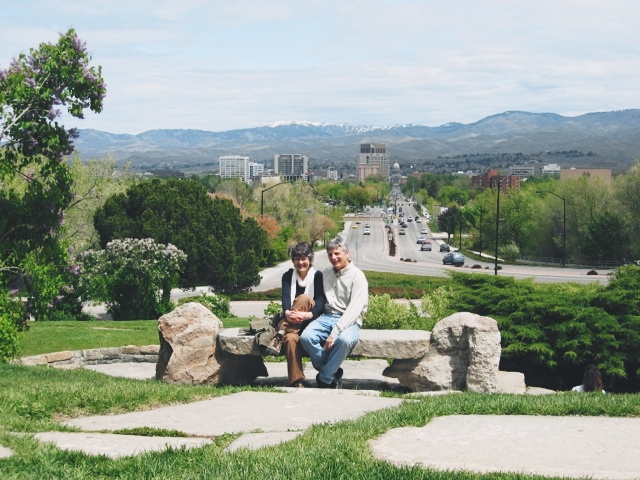
Q: Switching things up a bit, can you tell us more about your new book?
A: SNAP–Scaffolding for Numerical Synapses: Awakening Curiosity in the Numbers One to Ten is a platform from
which adults can nurture their youngest children’s sense of wonder. It began as a year-long project for Early
Childhood Teacher Certification awarded by the AMS. While studying Montessori methods, and environments,
I was also reading Michael S. Schneider’s book, A Beginner’s Guide to Constructing the Universe: The Mathematical Archetypes of Nature, Art, and Science: A Voyage From 1 To 10. The harmony of the two excited me
and led me to share what I had learned. Surely, other Montessorians will pick-up on the dovetailing aspects if
they want to discover and use some new ways to scaffold what their children are learning.
My wish is to have SNAP easily integrated into any home, classroom or childcare environment and at the same
time to bring attention to Montessori.
One review of SNAP called it, “deceptively simple.” We need to be careful not to let simplicity escape us! So
I’m thrilled if I can acquaint others with ways to spark young children’s interest in numbers and at the same
time enhance a teacher’s effectiveness and help her comfortably achieve daily, monthly, and yearly classroom
objectives.
Rather than only looking at the numbers 1-10 in the linear fashion, as we ordinarily do, SNAP is an invitation
to observe various expressions of each number, individually, across all subject areas, using all of our senses.
It is yet another way to support children as they practice careful discrimination, organize thought, and retrieve
information in unique ways.
Q: How have things changed since you first got started in the field of education?
A: Things have changed dramatically since I first got started in the field of education. Whole courses are available online! Computers have made it easy for parents, teachers, and school administrators to share information;
many parents love getting pictures of their child’s school day and digital cameras make this simple. For teachers
and parents who are able to find the time, social networking is a boon to staying aware of what is new – from
projects with kids to the accomplishments of various organizations that advance programs of interest. Answers
to questions can easily be found online, “Where is the nearest Reggio Emilia school?” Issues are discussed online, “What is the difference between Montessori and Waldorf?”
Q: What’s your favorite education related quote?
A: A few favorite education related quotes are:
1) “Aesthetic and moral education are also closely connected with
the training of the senses. By multiplying sense experiences and developing the ability to evaluate the smallest
differences in various stimuli, one’s sensibilities are refined and one’s pleasures increased. Beauty is found in
harmony, not in discord; and harmony implies affinities, but these require a refinement of the senses if they are
to be perceived. The beautiful harmonies of nature and of art escape those whose senses are dull. The world is
then cramped and cruel. Our surroundings provide us with inexhaustible sources of aesthetic pleasure, but men
can still move about in the world as if they had no senses or were like brute beasts looking for pleasure in strong
and sharp sensations since these are the only ones accessible to them. Crude pleasures are often the source of
vicious habits. Strong stimuli do not, as a matter of fact, sharpen but rather dull the senses, which as a consequence need ever stronger stimuli.” – Maria Montessori
2) “We see no limit to what should be offered to the child, for his will be an immense field of chosen activity.”
– Maria Montessori
3) “The child is both a hope and a promise for mankind.” – Maria Montessori
Q: What continues to inspire you about education?
A: I continue to be inspired about education by people. People are actively participating and discussing: nationwide, within states, cities, and individual school districts. Parents are taking classes to learn more about their
children, educators are sharing their insights and knowledge with families and communities at large. Speakers,
writers, video and film makers, and researchers are adding to knowledge and making it readily available.
The premise that there are still monumental revelations to be made inspires me:
– “The universe is full of magical things, patiently waiting for our wits to grow sharper.” -Eden Phillpotts
– “Somewhere, something incredible is waiting to be known.” -Dr. Carl Sagan
– “Wonderful things for the future may lie waiting for explosions in the inner life, which is hidden from us.”
– Maria Montessori
Q: Lastly, in what ways do you envision the future of education?
A: I envision the future of education to have greater understanding of what holistic education means and how
results can be successfully achieved in any country and within any racial, social, cultural, or economic group.
There will be strong bridges between all Montessorians and other holistic methods; a sound balance with regard
to the use of technology; no settling for second or third best, no waiting lists, but an authentic Montessori school
for every family that wants their children to attend.
Written by:
Bobby George

